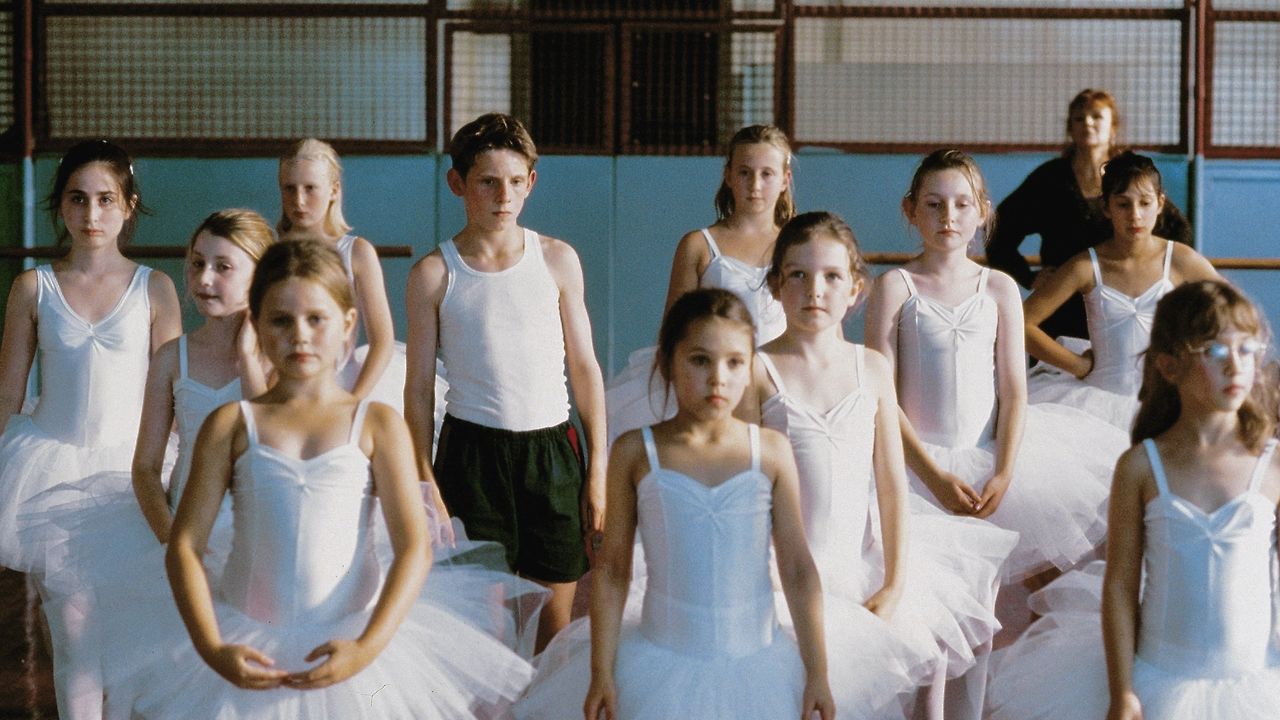A lot of people’s lives were changed, or at least given more electricity, by Billy Elliot. The little British film from the turn of the millennium followed in the footsteps of working-class heroes like Ken Loach’s heartbreaking 1969 coming-of-ager Kes, as well as The Full Monty—the 1997 Robert Carlyle-led feel-good Best Picture nominee (!) that brought dance to Sheffield in a move that Magic Mike would be proud of. (We’ll come back to this, but, to be clear, the North of England that is Yorkshire remains very different from the North of England that is County Durham, or the North East, more broadly.)
On , Billy holds the most important place in our community’s heart. With a 4.1 rating, the film’s 21st-century impact is undeniable: a favorite of Florence Pugh and Frankie Corio, Jodie Comer and JADE, a perhaps subconscious influence on musician Sam Fender and director Danny Boyle; the film has been shown in schools, re-released in theaters, and directly influenced movies about ballet, masculinity, working-class communities and movies about having literally any kind of dream, all over the spectrum. “I actually think there’s magic in this film,” writes Justin on , which might just be the only word for it.
The magic comes from Billy, the son of a widowed miner, Jackie, in the fictional town of Everington, County Durham—his older brother, Tony, also works in the mines with his dad. The year is 1984, and the seismic UK-wide industrial movement is on. Everything is looking pretty grim, but Billy just wants to dance. History repeats itself: strike action can come about at any time, but what sets your heart alight doesn’t follow the same schedule. “Billy literally just wanted to ballet dance because it’s something he enjoyed doing,” says Abbie, and she’s right—there is great poetry and history to dance, but this is a story about how it makes you feel. How what you choose, beyond what you’re born into, can be a bit of a lifeline.


